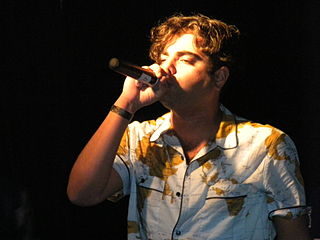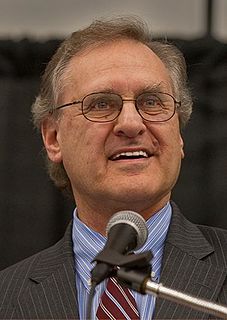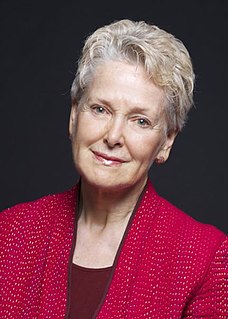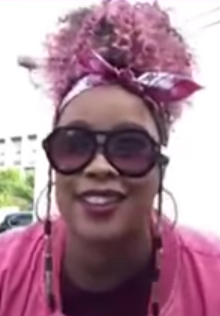A Quote by Himanshu Suri
As an immigrant, you're constantly thinking about how you're perceived on a community level, and a lot of times it's just on a community level.
Related Quotes
For 40 years, my argument has been that democratizing ownership of wealth has been the key to egalitarian society and the goals of egalitarian society. But you start at the local level, both at the workplace, community and other institutions and you reconstruct the egalitarian democratized structure as well as participatory structure. And as this happens, we learn more how to move toward the vision that is much larger than just the community level.
Because once the black man becomes the political master of his own community, it means that the politicians of that community will also be black, which also means that he then will be sending black representation or representatives not only to represent him at the local level and at the state level, but, but even at the federal level.
I think if you worked at the community level in Chicago and then a politician on the South Side of Chicago, and worked at the state level, then you're pretty familiar with all the variations of politics in the African American community and criticisms you may get. If you're not familiar with those or you don't have a thick enough skin to take it, then you probably wouldn't have gotten here.
A lot of people in the jazz community are looking at how much notoriety we're getting. And we're an inspiration to a lot of young people, because now there's something new they can aim for that's in their grasp. Because a lot of times when you attend a jazz college it's all about the history, none of the teachers there are forward-thinking, for the most part, so they don't teach you how to be yourself and embrace the music around you.
The Broadway community is unlike any community in show business and it is unlike any community in the world. When you come into the Broadway community they open the door and they say "welcome". Not only do they do that, but when times are really tough and horrendous things have happened and really tragic things - the Broadway community shows up! And they say "how can we help?".
In 1984, Jean Vanier invited me me to visit L'Arche community in Trosly, France. He didn't say "We need a priest" or "We could use you." He said, "Maybe our community can offer you a home." I visited several times, then resigned from Harvard and went to live with the community for a year. I loved it! I didn't have much to do. I wasn't pastor or anything. I was just a friend of the Community.

































